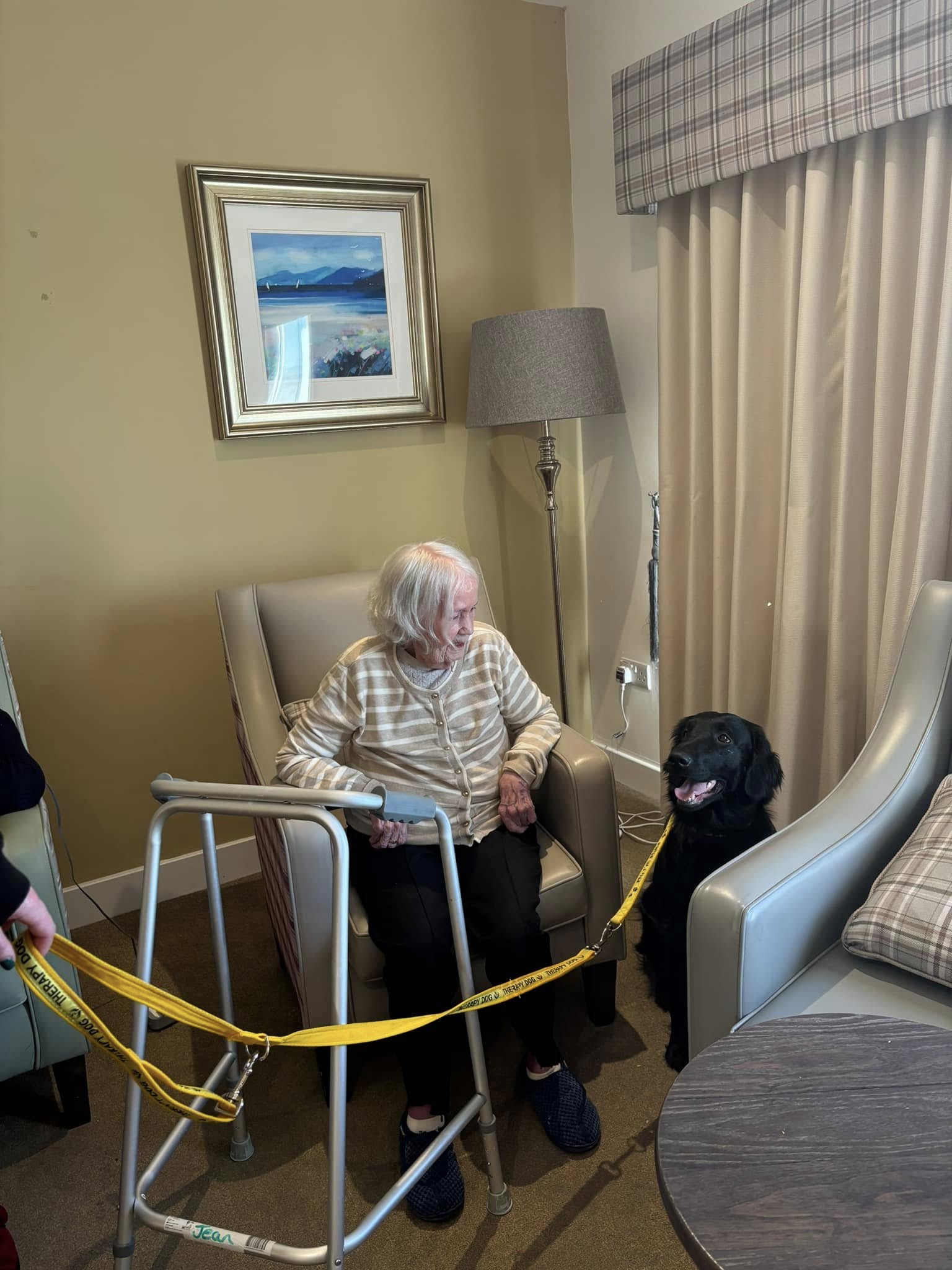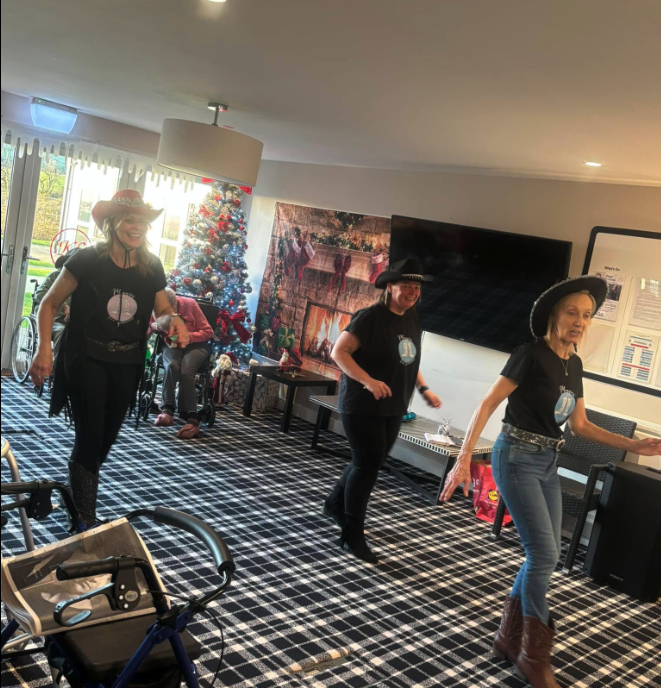What is a Continuum of Care?
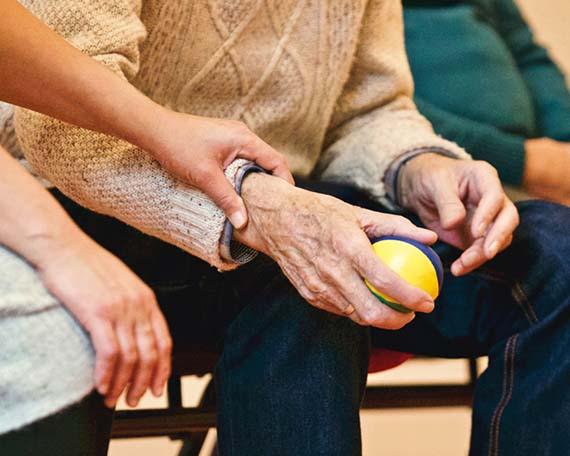
When it comes to choosing the right care home for an elderly family member or loved one, understanding the concept of the "Continuum of Care" (CoC) is crucial. But what exactly does this term mean, and why is it important? This article will explore the meaning of the Continuum of Care, how it works in a care home setting, and the many benefits it offers to residents and their families.
What is a Continuum of Care? Understanding the Benefits for Your Loved Ones
A Continuum of Care (CoC) refers to a comprehensive, integrated approach to healthcare that spans a range of services designed to meet the specific needs of individuals throughout their lives. This care model emphasises the importance of seamless transitions between different levels of care—such as from independent living to assisted living or from short-term rehabilitation to long-term nursing care. By providing a coordinated manner of care, individuals experience fewer disruptions, and their health care journey is better managed.
In the context of a care home, Continuum of Care involves offering a comprehensive range of services, including primary care, preventive care, mental health support, rehabilitation, and even hospice care. This means that residents do not need to move to a different facility as their health needs change, ensuring their care plans are continually adapted to their evolving needs.
How Does Continuum of Care Work in a Care Home?
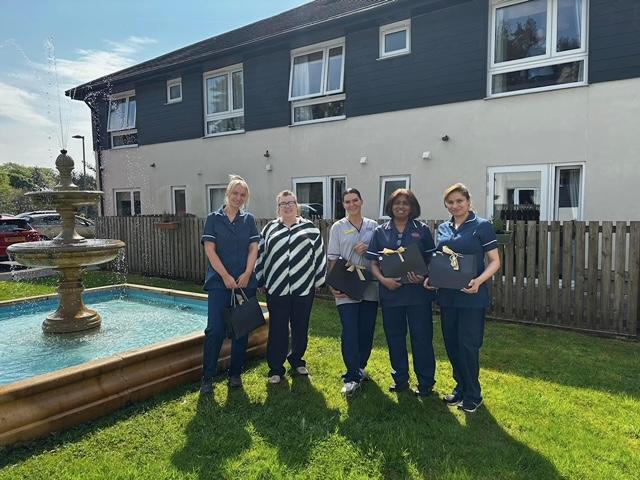
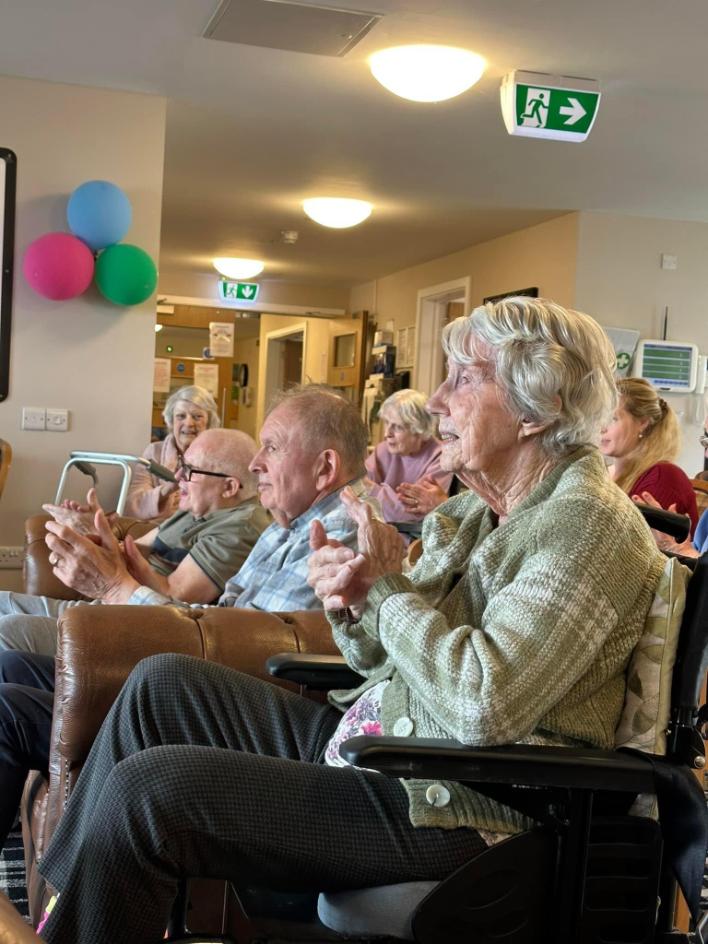

Continuum of Care in a care home focuses on delivering services in a coordinated manner that aligns with each resident's changing needs. The healthcare providers work together closely, sharing electronic health records and updating care plans regularly. This collaborative approach ensures that each patient receives appropriate levels of care as needed, promoting self-sufficiency and independence whenever possible while also providing necessary support.
For example, a resident might start in independent living where they enjoy a high degree of independence but can access help with daily tasks when needed. As they age or their health conditions change, they might transition to more assisted living arrangements or require more intensive medical services or rehabilitation. All these services are part of the same healthcare system, enabling seamless transitions and ensuring that the care provided is always at the appropriate level.
The Benefits of Continuum of Care for the Elderly
Implementing a Continuum of Care approach in a care home setting has numerous benefits for elderly residents and their families:
1. Consistency and Familiarity
One of the main benefits is the consistency of care. Residents do not have to adjust to new environments or unfamiliar caregivers, which can be particularly beneficial for those with cognitive impairments such as dementia. Familiar surroundings and caregivers help in developing long-term relationships, which can enhance trust and comfort, leading to better health outcomes.
2. Comprehensive and Coordinated Care
The continuum of care provides a holistic approach to health, covering all aspects from preventive care to treatment and rehabilitation. This means healthcare providers can focus on early detection and prevention of illnesses, improving overall well-being and reducing the time spent in hospitals.
3. Customised Care Plans
Care plans are continually updated to reflect the evolving needs of each resident, ensuring that each person receives the specific medical services and support they need. This adaptability is crucial for managing chronic diseases or complex medical conditions effectively.
4. Improved Patient Experiences
With coordinated care, residents have a smoother healthcare experience, with fewer gaps in service delivery. This not only enhances their quality of life but also reduces the risk of unnecessary hospitalisations and readmissions.
5. Efficient Use of Resources
By integrating services and using electronic health records, the care model is more efficient. This coordinated approach reduces redundancy in testing and treatments, making the healthcare system more cost-effective while maintaining high standards of care.
6. Support for Families
For families, knowing that their loved one is receiving comprehensive and continuous care provides peace of mind. The continuum of care model means families can trust that their loved one's changing needs will be met promptly and effectively, reducing the emotional and logistical burdens often associated with elder care.
Roles of a Continuum of Care (CoC) in Different Health Scenarios
Continuum of Care plays diverse roles depending on the health status and specific needs of residents:
Independent Living and Preventive Care
In the early stages, residents may live independently while having access to preventive care and wellness programs. The focus is on maintaining health and self-sufficiency for as long as possible.
Assisted Living and Supportive Services
As residents age or if their health declines, they may require more assistance with daily activities. At this stage, services like medication management, personal care, and physical therapy become more prominent.
Skilled Nursing and Rehabilitation
For those recovering from surgery or managing severe health conditions, skilled nursing and rehabilitation services are critical components of the continuum. These services help residents regain their health or manage chronic conditions more effectively.
Hospice and Palliative Care
For residents facing terminal illnesses, hospice care offers comfort and palliative care focused on quality of life rather than curative treatment. This compassionate approach ensures dignity and respect in a resident's final days.
Why is Continuum of Care Important in a Care Home Setting?
The importance of Continuum of Care in a care home setting cannot be overstated. It ensures that the care provided is both effective and responsive to the changing needs of residents, from short-term rehabilitation to long-term nursing care. By focusing on coordinated care and seamless transitions, care homes can significantly improve the outcomes and quality of life for their residents.
Moreover, the Continuum of Care approach aligns with modern healthcare’s emphasis on patient-centered care and community integration. This model recognises that elderly support is not just about treating illnesses but also about enhancing overall well-being and fostering a sense of belonging within a supportive community.
Choosing a care home that offers a Continuum of Care means choosing a place where your loved one will receive not just medical care, but comprehensive, coordinated, and compassionate support tailored to their evolving needs. Whether it’s early detection and preventive care or end-of-life hospice care, the focus remains on ensuring the best possible outcomes and quality of life for each resident.
Understanding and implementing a Continuum of Care approach is essential for anyone looking to provide individuals with the best possible care experience, reducing the burden on families, and ensuring that healthcare services are delivered in the most effective and efficient way possible.
Continuum of Care at Kingsacere Care Home
Kingsacre Care Home in West Dunbartonshire offers exceptional care implementing day-to-day care plans tailored to each resident delivered by our highly trained nursing team. Our expert team goes above and beyond to not only support medical requirements, but overall well-being also. We offer a comprehensive approach to care, ensuring medical and personal care needs are met while offering residents a rich and fulfilled life thanks to our extensive facilities and accessible activities programme.
Our dedicated nurses and care staff offer 24-hour care for individuals living at Kingsacre Care Home who are living with physical impairments, increased dependency needs and those who might be in need of end-of-life care. Our teams are nothing but respectful and supportive of our residents, as well as their loved ones and family members.
We are able to provide Nursing Care for the following registered care categories:
Respite
Dementia
Residential
Palliative Care
Contact Our Friendly Team
For more information about any of our other care services or how our care facility can meet the specific needs of your loved one please contact us today. Our team of dedicated healthcare providers is here to answer your questions and help guide you through this important decision. Call 0141 473 5500 or send an email to enquiries@kingsacrecare.co.uk.

